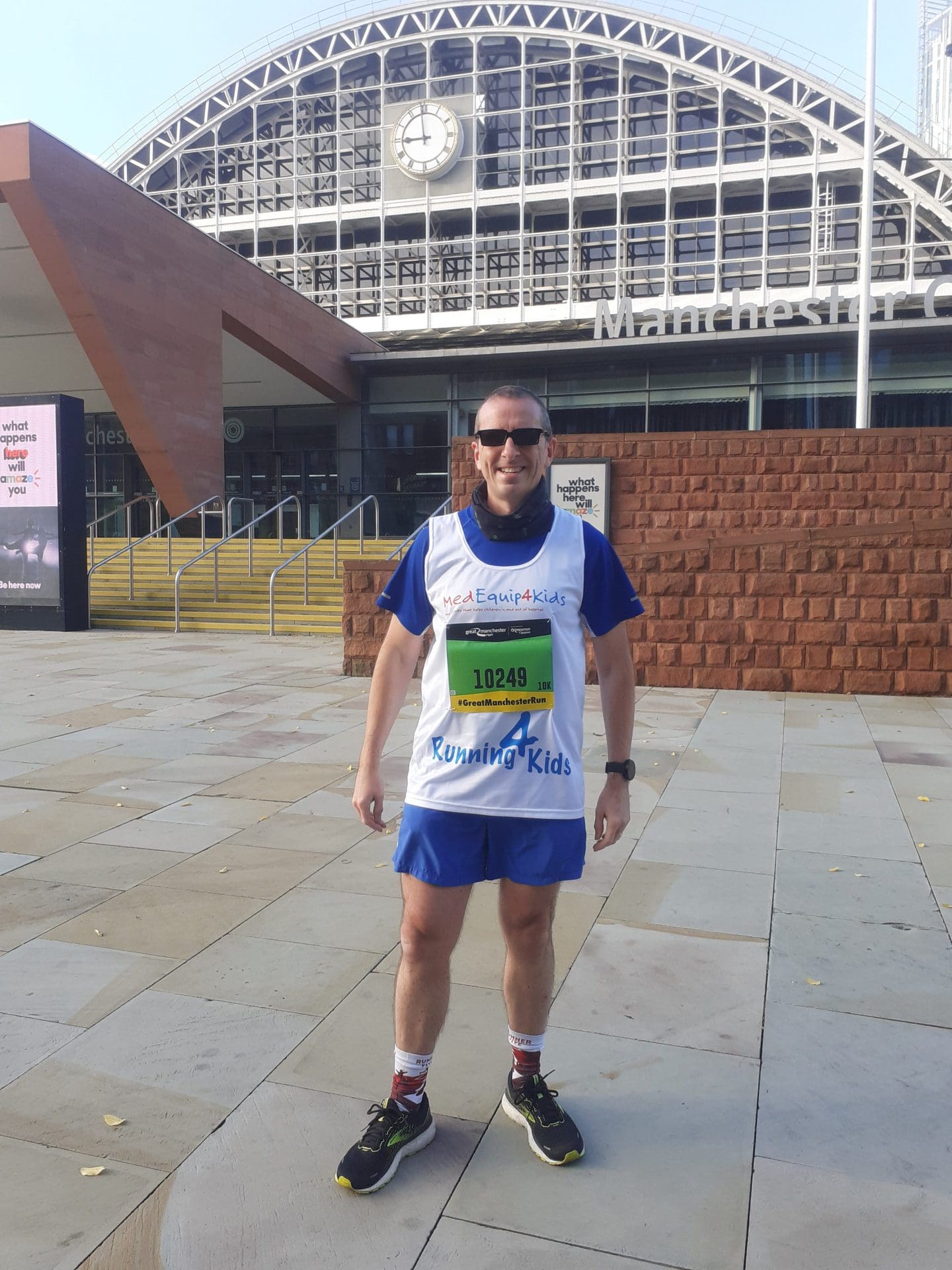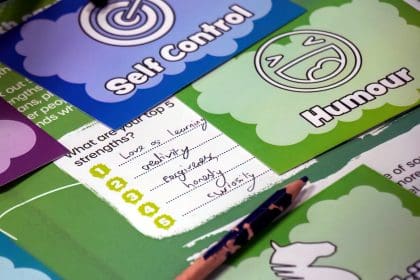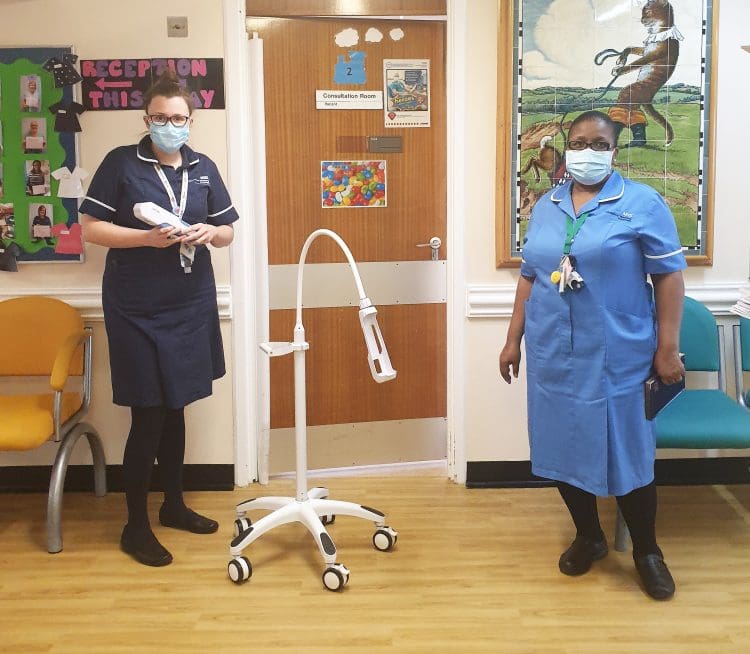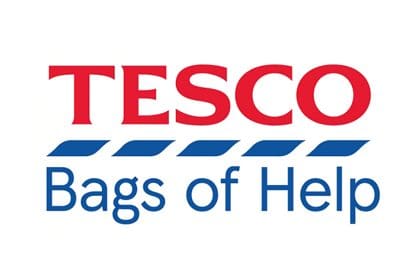
 Last Sunday, Nigel Holmes took part in the Manchester 10k, but with a difference – he ran the entire race facing backwards! Nigel’s unusual running style attracted a lot of attention and was mentioned in the BBC’s highlights of the event. Impressively, it didn’t stop him from finishing the race in less than an hour.
Last Sunday, Nigel Holmes took part in the Manchester 10k, but with a difference – he ran the entire race facing backwards! Nigel’s unusual running style attracted a lot of attention and was mentioned in the BBC’s highlights of the event. Impressively, it didn’t stop him from finishing the race in less than an hour.
Backwards running, also known as retro running, is popular in Japan as well as Europe and has a number of health benefits. It burns more calories than regular running, improves muscular balance and co-ordination, promotes better posture, and can be helpful in rehabilitation from injuries caused by running forwards. It will also get you noticed at events, which can be a good way to highlight a cause. You can read more about Nigel’s achievements in retro running in his blog.
Nigel says: “I started at the very front of the final green wave so had a safe getaway and although I hadn’t set any target time, I was swept along a little by quicker runners at the front who steadily overtook me as the field settled. With 2km to go I could see I had a chance of breaking the 1 hour barrier so I put a bit more effort in and managed 59:25 ,which I’m delighted with considering it was such a late decision to enter.”
We’d like to thank Nigel for running on behalf of MedEquip4Kids. The funds he raised from the event will help us provide new medical equipment for local hospitals.












